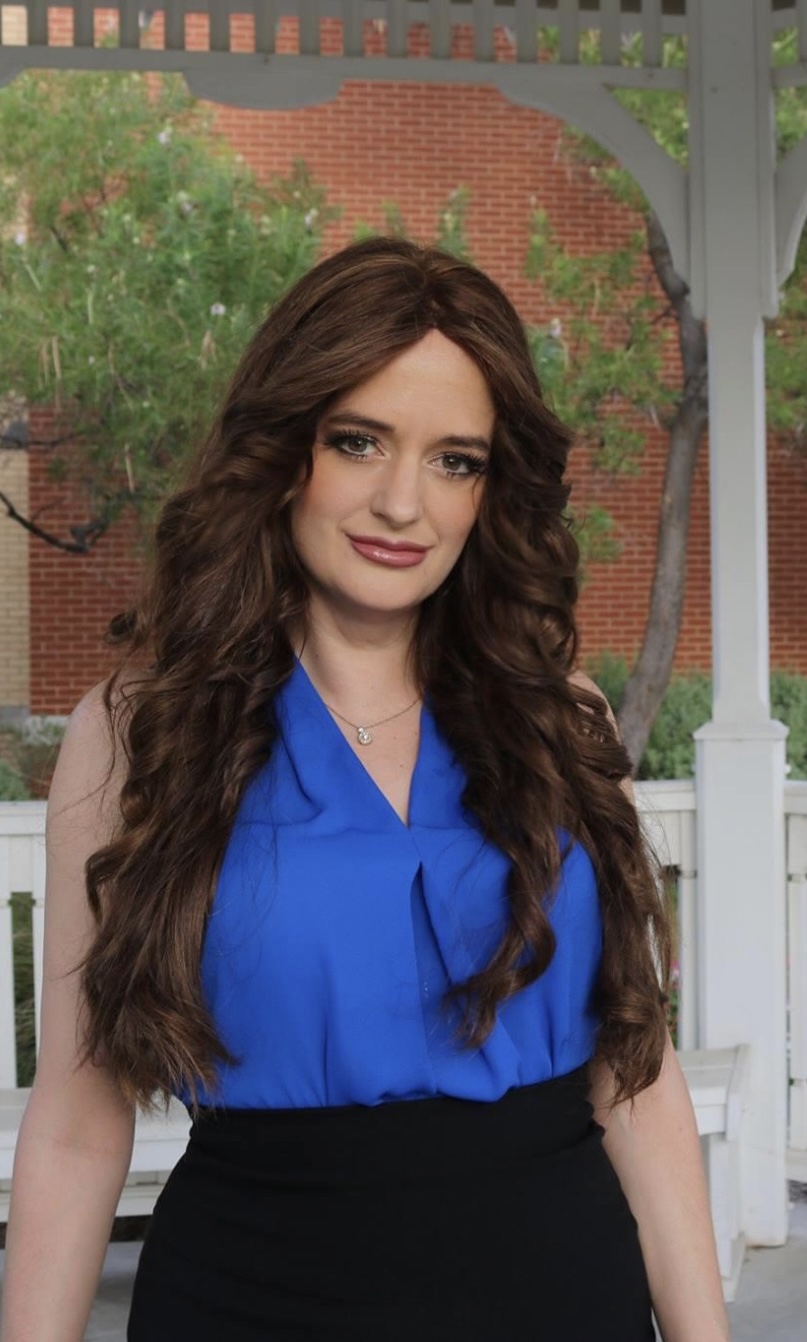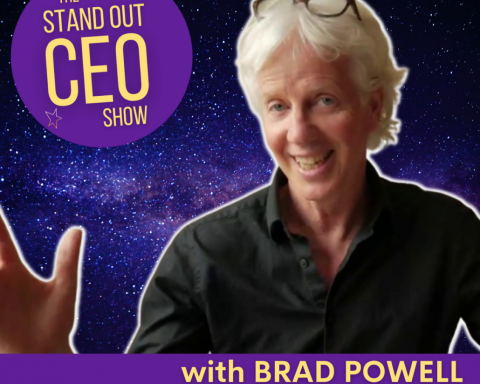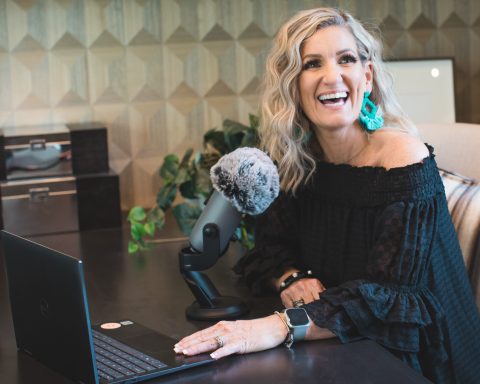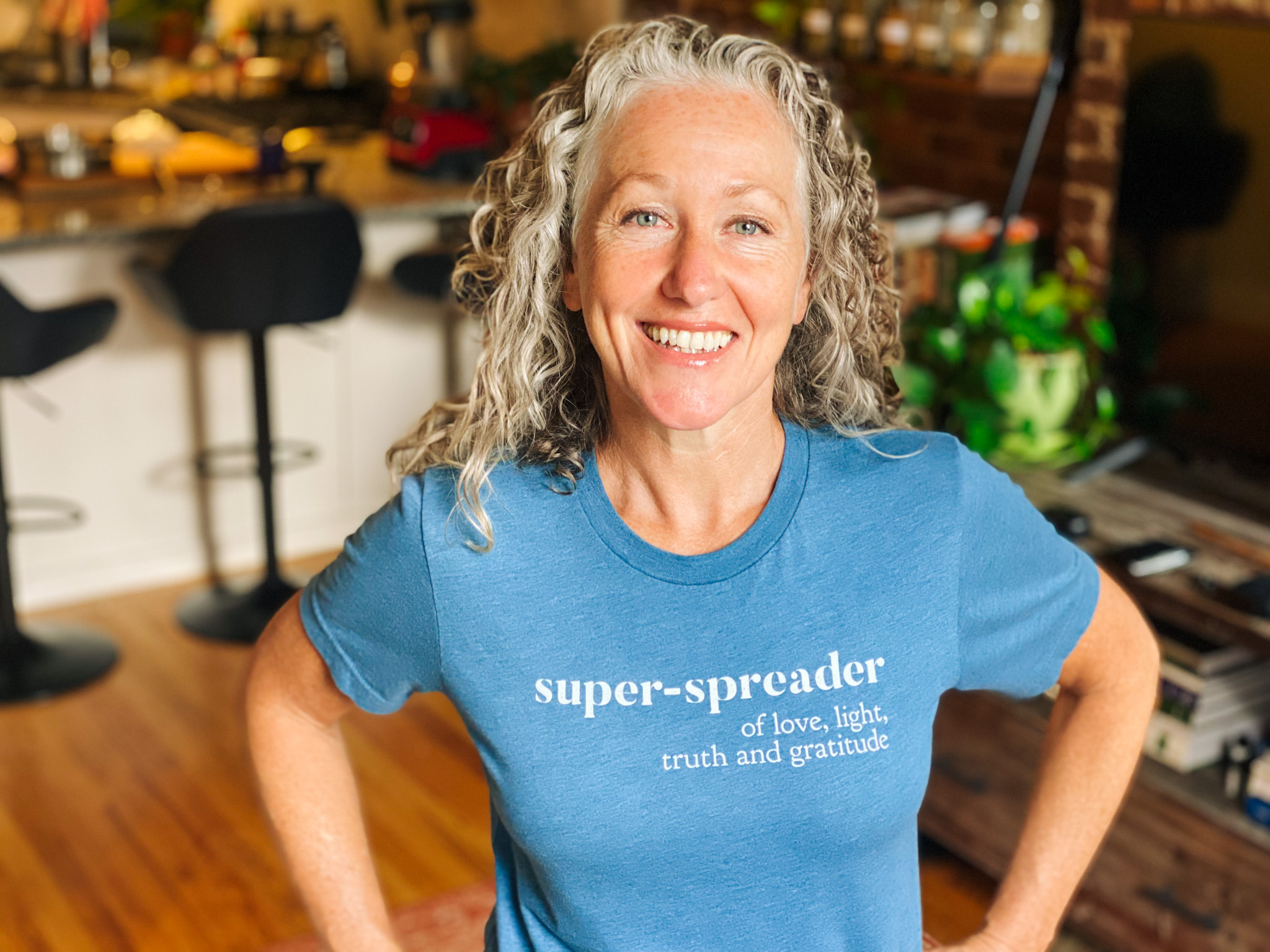“Make your strength so strong, it overcomes any shortcomings.”
Aimee Montgomery, host of Thrive Radio, overcame the odds of becoming a top-ranking podcaster… and she did it with a speech issue as well as dyslexia.
In 2009, she was diagnosed with a communication disability, resulting in a speech IQ of 25. She also placed in the “genius” level in both reading and writing.
As Aimee explains, “If people would ask me a question I wasn’t prepared to answer, they would just get a blank look, because I didn’t have the ability to process really fast. So when it came to podcasting, I had to really build up my ability to prepare and present.”
Aimee invested a great deal of time intentionally playing to those strengths—preparing and presenting—for her earlier podcasts. “I have some clips of my YouTube videos, and for a long time, I’d stutter. My voice was really quiet, without projection. I was really trying, but I couldn’t do it.
“It was the combination of trying to do the YouTube videos and then preparing for and presenting the podcast that helped me make my strength so strong, it overcame the shortcomings.
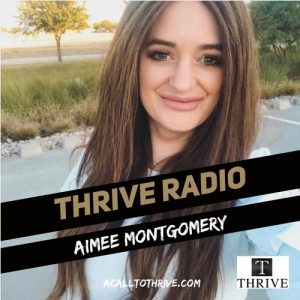
”Aimee’s podcast was born from her desire to build her digital agency startup. Previously, her career started with Deloitte, where she was in charge of building relationships. This background served her well when it came to starting her agency, and later, her podcast.
While working on her agency, Aimee had a revelation about her show:
“Here I was trying to figure out this cold email thing when I realized, ‘What if I just built relationships, like I did with Deloitte? What if I try to reach out to 2000 people a month?’ And that’s what I started to do. I went onto LinkedIn, and I reached out to coaches and consultants with a request—’I’m looking for people to be on my podcast, and I want to network. I started an agency, so if you or anyone you know is interested in marketing, let me know.’ And I was meeting five to six new people every single day.”
In addition to the preparation, Aimee’s secret to a successful podcast is to ask questions of her guests around the problems they solve for their clients. “I do pre-screen—I actually go through a process of letting guests know the format for my podcast and asking them questions around the problems people come to them for. Not their solutions, but the problems. Because from a marketing perspective, that’s what people are looking for. They’re looking for the solutions to their problems, so I will ask my guests questions around those problems that they solve. And that’s how I craft the show. But I also write up the questions, do the bio, and get all the links, and I send all of that to the guests prior to the podcast. This way, they can change anything that they want to change, or say, ‘Hey, I really would like to also include this,’ and it makes my process on the back end very easy.”
Aimee has advice for the business owner thinking of starting a podcast. First, decide what you are going to use your podcast for. What ROI (return on investment) do you expect from the podcast? Are you going to monetize it, or use it to build relationships? From a marketing perspective, Aimee suggests you “start asking yourself, ‘What’s the purpose behind the podcast? What’s the end result I want?’ Then, you can start to reverse engineer. You can always start your podcast and then shift the rudder a little bit. But by asking yourself what your intentions are when you are starting out, it’s going to be a lot easier for you.”
Aimee utilized her past experiences to not only start her business, but also her podcast. “My background was in account management when I worked for Deloitte. So, if you look at the big four national accounting firms, most of them don’t do ads. That’s because the way they do sales is through building relationships. At Deloitte, we got into the science of relationships. We would look at a LinkedIn profile and determine that person’s most likely personality type, so we would know how to talk to him or her and establish a warm connection. I would spend so much time researching people—family interests, what they do with their free time, who they connected with from college, and how we might connect with them. So, I went back to my background.”
The success of the Thrive Radio podcast and Aimee’s Call to Thrive digital agency is built upon the relationship skills Aimee honed throughout her career. Organization and the processes Aimee has built are key to her daily shows and the solid relationships she builds. “Then,” as Aimee explains, “when you’ve established all these wonderful relationships, and then you further cement them with a podcast, you’ve made really great connections. That’s what I see as the beauty and the value of podcasting.”
May 2022 Issue


